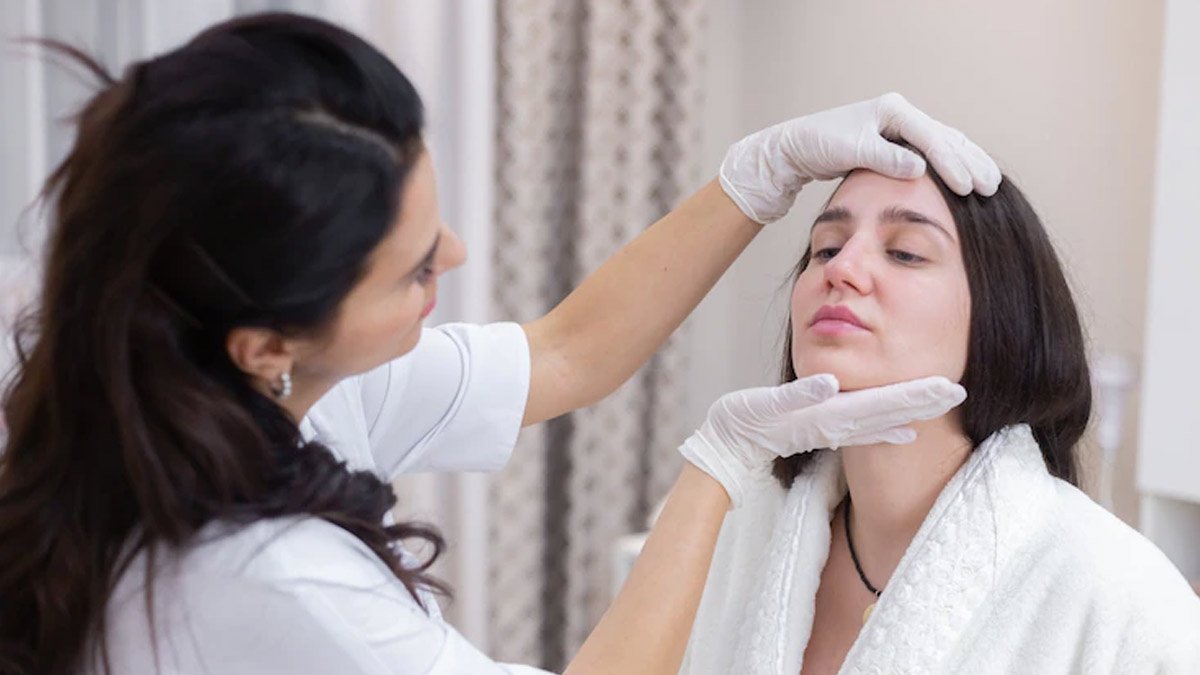How to Control Psoriasis Effectively with Simple Strategies?
Understanding how to control psoriasis is crucial for both clients and professionals in the beauty industry. Psoriasis is a chronic autoimmune condition that manifests in the form of raised, red patches of skin covered with thick, silvery scales. As beauticians, being wide-eyed about how to help clients manage their psoriasis can be a game changer in enhancing their overall skin health and self-esteem.
Total patient education about psoriasis and its triggers can lead to better management. This article explores various strategies beauticians can employ to assist clients in achieving clean and clear skin.

Understanding Psoriasis
Before diving into management techniques, understanding psoriasis is vital. According to the American Academy of Dermatology, psoriasis is caused by the rapid growth of skin cells, leading to inflammation and the characteristic skin plaques. Factors such as stress, family history, and environmental influences can significantly contribute to flare-ups.
1. Identify Triggers
Each person with psoriasis can have unique triggers. Common triggers include:
- Stress
- Weather changes
- Infections
- Skin injuries
- Certain medications
As beauticians, encourage clients to keep a journal to identify what frequently initiates their flares. This awareness can empower them to better control their condition.
2. Tailoring Skincare Routines
Clients with psoriasis often require specialized skincare routines. Here are recommendations that can be effective:
- Moisturizers: Suggest thick creams or ointments to lock moisture in and reduce flakiness.
- Gentle Cleansers: Recommend mild, fragrance-free soaps that do not irritate the skin.
- Exfoliation: Advise gentle exfoliation methods to remove dead skin without aggravating the condition.
For detailed information on skin treatments, check out psoriasis arthritis.
3. Recommend Suitable Treatments
Understanding which treatment works can significantly affect client satisfaction. Options include:
- Topical Treatments: Corticosteroids and vitamin D ointments can help manage symptoms.
- Light Therapy: Encourage clients to consider phototherapy treatments as a professional option.
- Systemic Medications: In severe cases, oral or injected medications may be necessary.
It's important to collaborate with dermatologists and other healthcare providers to ensure the client receives the optimal treatment plan.
4. Stress Management Techniques
Stress can significantly exacerbate psoriasis symptoms. Offer your clients various methods to manage stress, such as:
- Yoga and meditation
- Breathing exercises
- Regular physical activity
For additional resources on stress reduction, visit stress management tips.
5. Nutrition and Lifestyle Changes
A healthy diet and lifestyle can play a significant role in managing psoriasis. Encourage clients to:
- Stay hydrated by drinking plenty of water.
- Eat a balanced diet rich in fruits, vegetables, and whole grains.
- Avoid known allergens and inflammatory foods such as gluten or dairy.
The connection between psoriasis and diet is still an area of research, but many clients report improvements when making healthier choices.
6. Communication and Support
Encourage your clients to communicate openly about their psoriasis. Support groups can also provide a platform for clients to share experiences and coping strategies.

Frequently Asked Questions
What is psoriasis?
Psoriasis is a chronic autoimmune skin condition characterized by thick, red, inflamed patches covered with silvery scales.
Can psoriasis be cured?
While there is no cure for psoriasis, effective treatments and lifestyle changes can help manage symptoms.
How does stress affect psoriasis?
Stress can worsen psoriasis symptoms by triggering inflammation and flare-ups.
In conclusion, learning how to control psoriasis is an essential skill for beauticians. By understanding the condition and implementing personalized strategies, beauticians can enhance their client's autumn beauty journey. This journey will not only lead to healthier skin but also to improved self-esteem.
For further reading, visit how to stop psoriasis itching.

